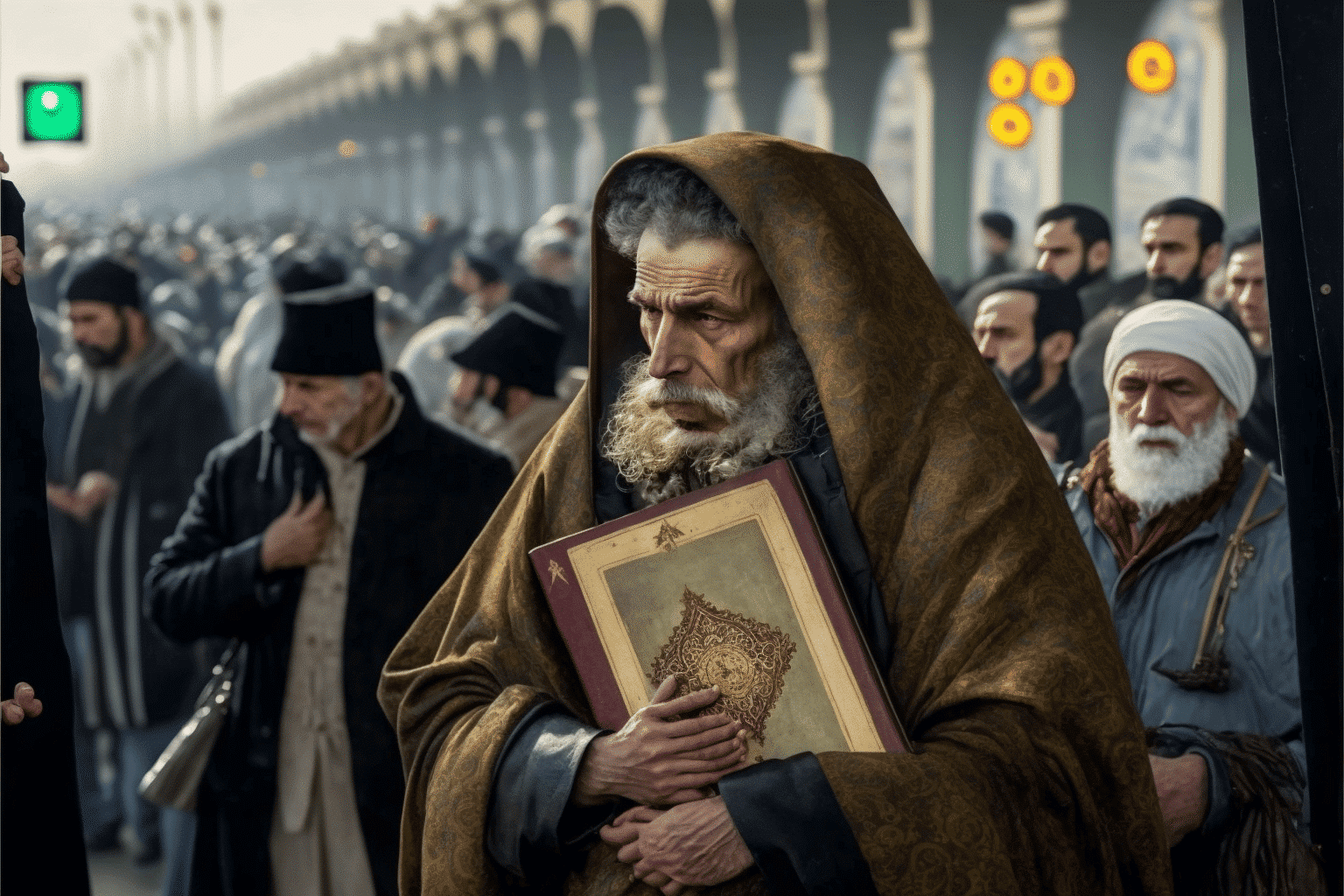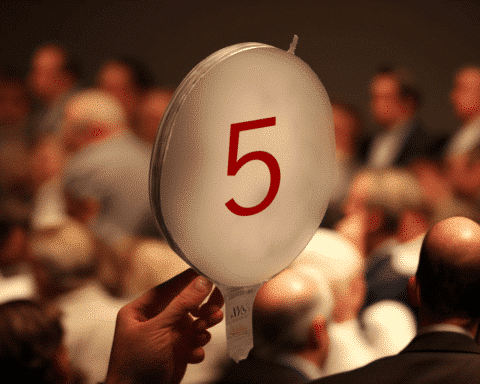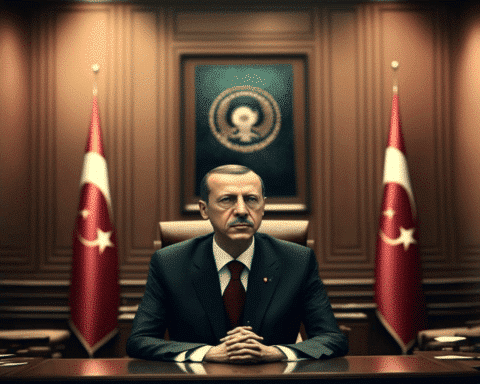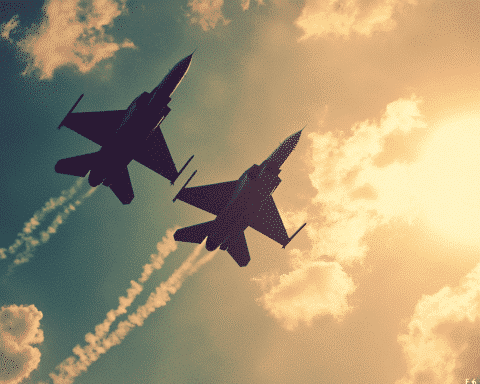The desecration of Islam’s holy book, the Quran, by far-right activists in Sweden and the Netherlands, has sparked widespread outrage and protests across the Middle East.
On Friday, thousands of Muslims took to Pakistan, Iraq, Iran, and Lebanon streets to denounce the desecration and call for action against the perpetrators.
In Pakistan, 12,000 members of the Islamist Tehreek-e-Labiak Pakistan party gathered in Lahore, the capital of the eastern Punjab province. The head of the party, Saad Rizvi, called on the government to lodge a strong protest with Sweden and the Netherlands to prevent such incidents from happening again. Rizvi also urged the government to expel the Swedish and Dutch ambassadors and to sever diplomatic ties with the two countries.
Similar rallies were also held in other parts of Pakistan, including the southern city of Karachi and in the northwest. However, it should be noted that the Tehreek-e-Labiak Pakistan party has a history of holding violent rallies over the distribution of caricatures of Islam’s prophet in France and other parts of the world.
The Iranian capital of Tehran saw hundreds of people marching after Friday prayers, during which they burned a Swedish flag. In Turkey, the Danish ambassador was summoned to the Turkish Foreign Ministry, where officials “strongly condemned the permission given to this provocative act which clearly constitutes a hate crime.”
Swedish officials have defended their country’s stance on freedom of expression, which is guaranteed by the Swedish Constitution and grants citizens extensive rights to express their views publicly. However, incitement to violence or hate speech is not allowed.
Iraq’s influential Shiite cleric, Muqtada al-Sadr, raised the question of whether freedom of speech should include the freedom to offend other people’s beliefs. He also pointed out that if burning the Quran is considered freedom of expression, why isn’t burning the rainbow flag of the LGBTQ community also considered freedom of expression? Al-Sadr also warned that burning the Quran “will bring divine anger.”
The desecration of the Quran has sparked a strong reaction from the Muslim world, and it is clear that the issue will not be swept under the rug.
Burning of Quran Sparks Widespread Outrage and Protests Across the Middle East
The desecration of Islam’s holy book, the Quran, by far-right activists in Sweden and the Netherlands, has sparked widespread outrage and protests across the Middle East.
On Friday, thousands of Muslims took to Pakistan, Iraq, Iran, and Lebanon streets to denounce the desecration and call for action against the perpetrators.
In Pakistan, 12,000 members of the Islamist Tehreek-e-Labiak Pakistan party gathered in Lahore, the capital of the eastern Punjab province. The head of the party, Saad Rizvi, called on the government to lodge a strong protest with Sweden and the Netherlands to prevent such incidents from happening again. Rizvi also urged the government to expel the Swedish and Dutch ambassadors and to sever diplomatic ties with the two countries.
Similar rallies were also held in other parts of Pakistan, including the southern city of Karachi and in the northwest. However, it should be noted that the Tehreek-e-Labiak Pakistan party has a history of holding violent rallies over the distribution of caricatures of Islam’s prophet in France and other parts of the world.
The Iranian capital of Tehran saw hundreds of people marching after Friday prayers, during which they burned a Swedish flag. In Turkey, the Danish ambassador was summoned to the Turkish Foreign Ministry, where officials “strongly condemned the permission given to this provocative act which clearly constitutes a hate crime.”
Swedish officials have defended their country’s stance on freedom of expression, which is guaranteed by the Swedish Constitution and grants citizens extensive rights to express their views publicly. However, incitement to violence or hate speech is not allowed.
Iraq’s influential Shiite cleric, Muqtada al-Sadr, raised the question of whether freedom of speech should include the freedom to offend other people’s beliefs. He also pointed out that if burning the Quran is considered freedom of expression, why isn’t burning the rainbow flag of the LGBTQ community also considered freedom of expression? Al-Sadr also warned that burning the Quran “will bring divine anger.”
The desecration of the Quran has sparked a strong reaction from the Muslim world, and it is clear that the issue will not be swept under the rug.




